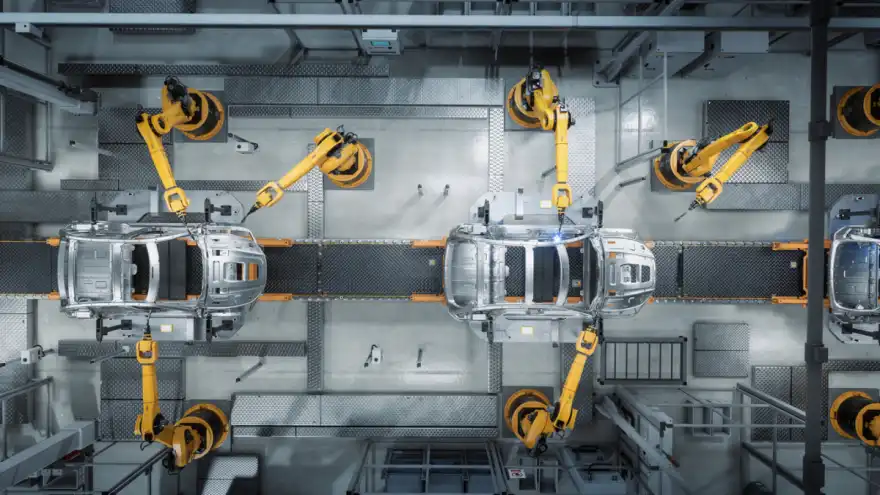
Chancellor Jeremy Hunt has allocated £2 billion for the production of electric cars in the UK, providing a financial boost in his recent update on the country's finances to the House of Commons.
With an upcoming election expected within the next 12 months and set to be held by January 28, 2025, the chancellor seized one of the few opportunities to enhance his party's chances of securing another term. The surplus funds, attributed to better-than-expected tax income, were earmarked to attract investment in zero-emission vehicle manufacturing.
Although no new measures for motorists were introduced, the chancellor announced a £2 billion government initiative to encourage fresh investments in the country's zero-emission vehicle manufacturing. Emphasising its role in maintaining the UK's competitiveness, the funds, to be distributed over five years starting from 2025, were welcomed by major players like Nissan and Jaguar Land Rover.
Business secretary Kemi Badenoch expressed approval, noting that it builds on recent investment successes, including a £4 billion commitment to a UK gigafactory for electric vehicle batteries and a £600 million investment from BMW for producing the next generation of Mini Electric in Oxford.
Mindful of previous high-profile failures, such as the collapse of the Britishvolt gigafactory in 2023, ministers are expected to scrutinise new investments closely for their viability. The government's decision to incentivise the production of the next electric Mini in the UK hinged on a £75 million sweetener, with the potential risk of 3,000 jobs moving abroad if production shifted.
Jaguar Land Rover's owner, Tata, had announced plans for a new EV battery plant in Somerset as part of a £15 billion investment in zero-emission cars. The exact amount of public funding promised for Tata's factory by the government is yet to be disclosed.
Additionally, the government revealed an extension of a £150 million program researching self-driving vehicles until 2030, with pilot schemes operating nationwide.




